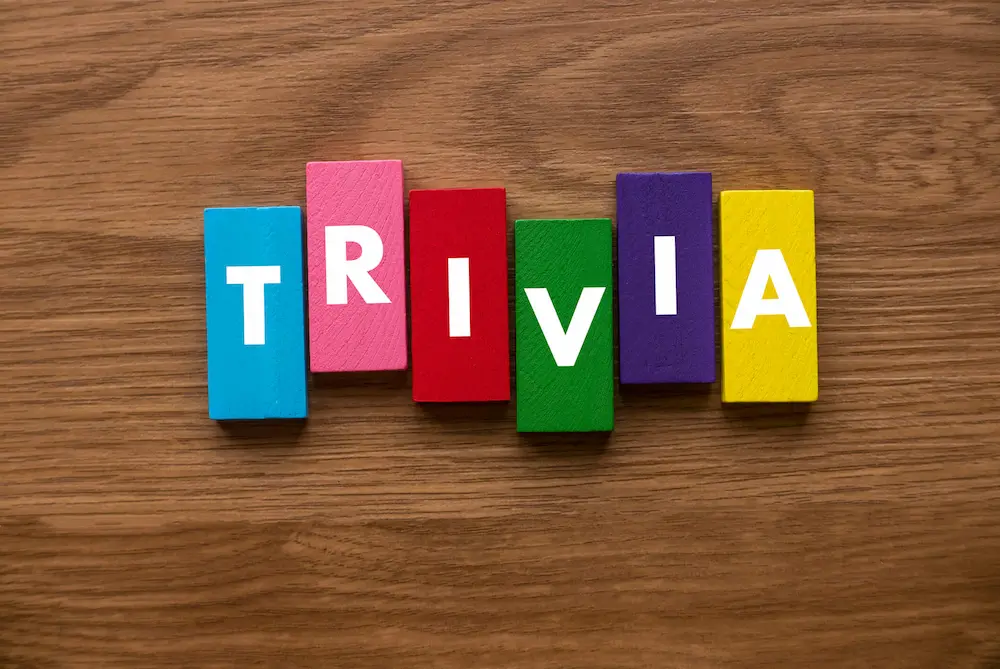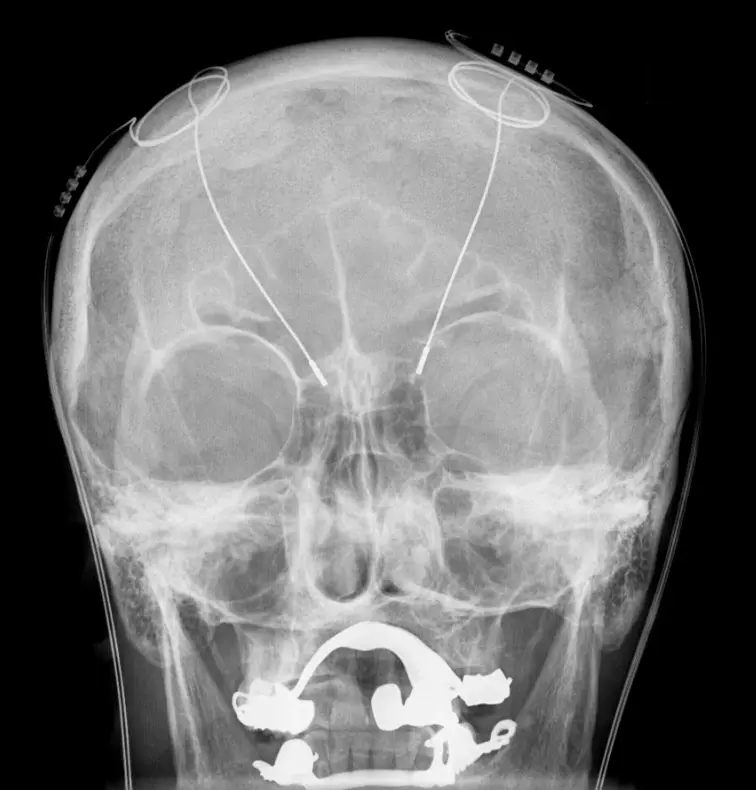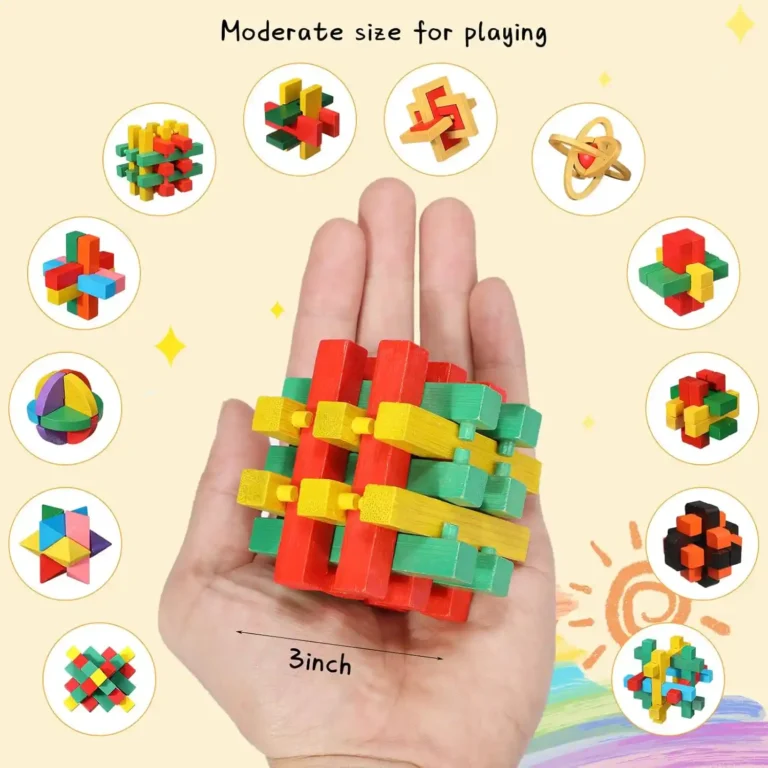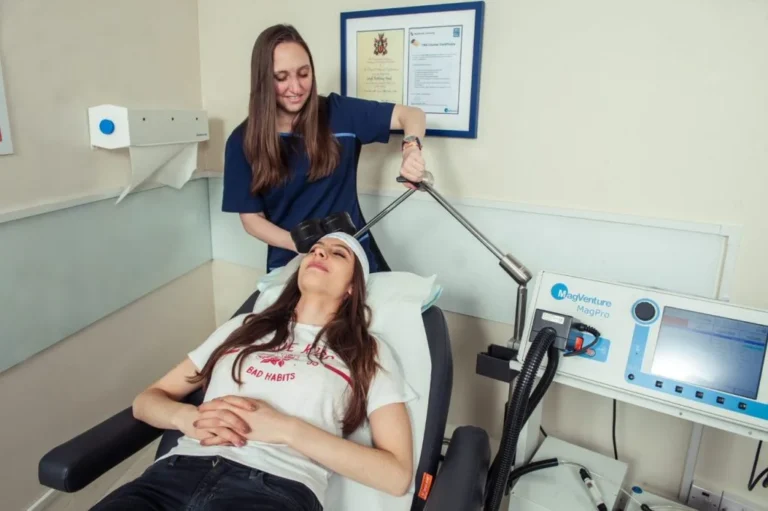Introduction
Memory is a vital cognitive function that plays a crucial role in our daily lives, influencing our ability to learn, retain information, and navigate the world around us.
As we age or face various life challenges, memory can decline, leading to frustration and difficulties in everyday tasks. Fortunately, there are numerous strategies and techniques to enhance memory and cognitive function, regardless of age.
This article explores effective methods to improve memory, backed by scientific research and practical applications. Engaging in regular memory-enhancing activities can lead to improved mental clarity, better decision-making, and enhanced overall cognitive health.
Whether you’re a student looking to boost your academic performance or an older adult aiming to maintain cognitive health, incorporating memory improvement strategies into your daily routine can be highly beneficial.
Stay Sharp with our Trivia game generator or Fun Facts game for you mental exercises and mental sharpness!
Understanding Memory
What is Memory?
Memory is the process of encoding, storing, and retrieving information in the brain. It can be divided into two main categories:
- Short-Term Memory: This type of memory holds information temporarily, allowing us to recall details for a brief period (e.g., remembering a phone number long enough to dial it).
- Long-Term Memory: This involves the storage of information over extended periods, allowing us to retain knowledge and experiences for years or even a lifetime.
The Role of Neuroplasticity
Neuroplasticity is the brain’s ability to adapt and reorganize itself by forming new neural connections throughout life. Engaging in memory-enhancing activities can stimulate neuroplasticity, leading to improved cognitive abilities and memory retention.Research has shown that the brain remains capable of change and adaptation, even in older age. This means that individuals can actively work to improve their memory and cognitive function through consistent practice and engagement in various activities.
How Memory Works
Memory involves three key processes:
- Encoding: The process of converting information into a form that can be stored in the brain. This can involve visual, auditory, or semantic encoding.
- Storage: The retention of encoded information over time. Information can be stored in short-term or long-term memory, depending on its significance and how it has been processed.
- Retrieval: The process of accessing and recalling stored information when needed. Effective retrieval often relies on cues and associations that help trigger the memory.
Effective Strategies to Improve Memory
There are various strategies that individuals can employ to enhance their memory. Here are some effective techniques based on research and practical applications:
1. Engage in Regular Mental Exercise
Challenging the brain with mental exercises can significantly enhance memory function. Activities such as puzzles, crosswords, Sudoku, and memory games stimulate cognitive processes and promote neuroplasticity.
- Example Activities:
- Crossword Puzzles: Improve vocabulary and problem-solving skills.
- Sudoku: Enhance logical reasoning and pattern recognition.
- Memory Games: Improve recall and attention.



Benefits of Mental Exercise:
- Increases cognitive reserve, which can help protect against age-related decline.
- Enhances problem-solving skills and critical thinking abilities.
- Provides a sense of accomplishment and boosts confidence.
2. Utilize Mnemonic Devices
Mnemonic devices are memory aids that help individuals remember information through associations. These techniques can simplify complex information and make it easier to recall.
- Types of Mnemonics:
- Acronyms: Forming a word from the first letters of a list (e.g., “HOMES” for the Great Lakes: Huron, Ontario, Michigan, Erie, Superior).
- Visual Imagery: Creating vivid mental images to associate with the information being learned.
- Rhymes and Songs: Setting information to a tune or rhyme to facilitate recall.
Example: To remember the order of the planets in our solar system, one might use the phrase “My Very Educated Mother Just Served Us Noodles” to represent Mercury, Venus, Earth, Mars, Jupiter, Saturn, Uranus, and Neptune.
3. Practice Spaced Repetition

Spaced repetition involves reviewing information at increasing intervals over time. This technique reinforces learning and helps transfer knowledge from short-term to long-term memory.
- Implementation: Use flashcards or spaced repetition software to schedule reviews of material at optimal intervals.
| Review Interval | Recommended Timeframe |
|---|---|
| 1st Review | 1 day after learning |
| 2nd Review | 3 days after learning |
| 3rd Review | 1 week after learning |
| 4th Review | 1 month after learning |
Benefits of Spaced Repetition:
- Enhances long-term retention of information.
- Reduces the likelihood of cramming and improves overall learning efficiency.
- Allows for better management of study time and resources.
4. Maintain a Healthy Lifestyle
A healthy lifestyle is essential for optimal brain function and memory retention. Key factors include:
- Regular Exercise: Physical activity increases blood flow to the brain, promoting the growth of new neurons and enhancing cognitive function. Aim for at least 150 minutes of moderate aerobic activity per week.
- Balanced Diet: A diet rich in fruits, vegetables, whole grains, and healthy fats supports brain health. Foods such as fatty fish, berries, and nuts are particularly beneficial for cognitive function.
- Adequate Sleep: Sleep is crucial for memory consolidation. Aim for 7-9 hours of quality sleep each night to support cognitive function and memory retention.
5. Stay Socially Active
Social interaction is vital for mental health and cognitive function. Engaging with friends, family, and community members can help reduce stress and improve memory.
- Activities to Consider:
- Join clubs or groups that align with your interests.
- Volunteer for community service.
- Participate in group classes or workshops.
Benefits of Social Engagement:
- Provides emotional support and reduces feelings of isolation.
- Stimulates cognitive processes through conversation and shared experiences.
- Encourages a sense of belonging and purpose.
6. Practice Mindfulness and Meditation

Practicing mindfulness and meditation can improve attention, focus, and emotional regulation. These practices encourage relaxation and reduce stress, which can positively impact cognitive function.
- Techniques to Try:
- Mindfulness Meditation: Focus on your breath and observe your thoughts without judgment.
- Guided Imagery: Visualize a peaceful scene to promote relaxation and mental clarity.
Benefits of Mindfulness:
- Reduces stress and anxiety, which can impair memory.
- Enhances attention and concentration, leading to better information retention.
- Promotes overall well-being and mental health.
7. Use Technology Wisely
In today’s digital age, technology can be a powerful ally in improving memory. Various apps and tools are designed to enhance cognitive function and support memory retention.
- Memory Training Apps: Utilize apps like Lumosity, Elevate, or Peak to engage in brain-training exercises tailored to improve memory and cognitive skills.
- Digital Reminders: Use calendar apps and reminders to keep track of important dates and tasks, reducing cognitive load and allowing for better focus on learning.
Benefits of Technology:
- Provides interactive and engaging ways to practice memory exercises.
- Offers personalized training programs based on individual needs and progress.
- Facilitates organization and planning, reducing stress and enhancing productivity.
8. Challenge Your Brain with New Skills
Learning new skills is an excellent way to stimulate the brain. Whether it’s picking up a musical instrument, learning a new language, or mastering a new hobby, the process of acquiring new skills engages various cognitive functions.
- Examples:
- Learning a Musical Instrument: Enhances auditory memory and coordination.
- Studying a New Language: Improves verbal memory and cognitive flexibility.
- Taking Up a New Hobby: Engages different parts of the brain and fosters creativity.
Benefits of Learning New Skills:
- Promotes neuroplasticity and cognitive growth.
- Increases confidence and motivation.
- Provides a sense of achievement and fulfillment.
9. Organize Information Effectively
Organizing information can significantly enhance memory retention. By structuring information logically and using visual aids, individuals can improve their ability to recall details.
- Techniques:
- Mind Mapping: Create visual diagrams that connect related concepts, making it easier to understand and remember information.
- Outlining: Use bullet points and headings to break down complex information into manageable sections.
Benefits of Organization:
- Reduces cognitive overload and enhances focus.
- Facilitates better understanding and retention of information.
- Makes studying and reviewing more efficient.
10. Stay Curious and Engaged
Cultivating a curious mindset can enhance memory and cognitive function. By actively seeking new knowledge and experiences, individuals can stimulate their brains and promote learning.
- Ways to Stay Curious:
- Read books, articles, and research papers on various topics.
- Attend lectures, workshops, or seminars to learn from experts.
- Engage in discussions and debates to challenge your thinking.
Benefits of Curiosity:
- Encourages lifelong learning and personal growth.
- Enhances creativity and problem-solving skills.
- Promotes a positive attitude toward learning and memory improvement.
Conclusion
Improving memory is a multifaceted process that involves engaging in mental exercises, utilizing mnemonic devices, maintaining a healthy lifestyle, and practicing mindfulness. By incorporating these strategies into daily routines, individuals can enhance their cognitive abilities, boost memory retention, and improve overall quality of life.As we age or face cognitive challenges, it is essential to prioritize brain health and adopt practices that promote memory improvement. By taking proactive steps, individuals can unlock their potential for learning and personal growth, ensuring a sharper mind for years to come.Incorporating these strategies into daily life can lead to significant improvements in memory and cognitive function. Whether you’re a student, a working professional, or an older adult, investing in your brain health is a worthwhile endeavor that can yield long-lasting benefits.
Frequently Asked Questions (FAQs)
What are effective ways to improve memory?
Effective ways to improve memory include engaging in mental exercises, using mnemonic devices, practicing spaced repetition, maintaining a healthy lifestyle, staying socially active, and practicing mindfulness.
How does exercise impact memory?
Regular physical exercise increases blood flow to the brain, promotes neurogenesis, and enhances cognitive function, all of which contribute to improved memory.
What role does sleep play in memory retention?
Adequate sleep is crucial for memory consolidation, allowing the brain to process and store information effectively. Poor sleep can lead to cognitive impairments and memory loss.
Can diet affect memory?
Yes, a balanced diet rich in nutrients supports brain health and cognitive function. Foods high in antioxidants, omega-3 fatty acids, and vitamins are particularly beneficial for memory.
How can I use mnemonic devices to improve memory?
Mnemonic devices help create associations that make information easier to remember. Techniques include acronyms, visualization, and rhymes.
Is it possible to improve memory at any age?
Absolutely! Memory can be improved at any age through consistent practice, mental stimulation, and healthy lifestyle choices.
How often should I practice memory exercises?
Aim to engage in memory exercises regularly, ideally several times a week, to reinforce learning and enhance retention.
What is spaced repetition, and how does it work?
Spaced repetition is a learning technique that involves reviewing information at increasing intervals over time, which helps reinforce memory and improve retention.
Can mindfulness meditation really help improve memory?
Yes, mindfulness meditation can enhance focus, reduce stress, and improve cognitive function, all of which contribute to better memory retention.
How can I stay socially active to support my memory?
Participate in social activities, join clubs or groups, volunteer, and maintain regular contact with friends and family to promote social interaction and cognitive engagement.
References
- Mayo Clinic. (2024). Memory loss: 7 tips to improve your memory. https://www.mayoclinic.org/healthy-lifestyle/healthy-aging/in-depth/memory-loss/art-20046518
- HelpGuide.org. (2024). How to Improve Your Memory. https://www.helpguide.org/articles/healthy-living/how-to-improve-your-memory.htm
- Medical News Today. (2024). How to improve your memory: 8 techniques to try. https://www.medicalnewstoday.com/articles/326068
- Coursera. (2024). How to Improve Memory: Science-Backed Strategies and Tips. https://www.coursera.org/articles/how-to-improve-memory
- UNC Learning Center. (2024). Memorization Strategies. https://learningcenter.unc.edu/tips-and-tools/enhancing-your-memory/


